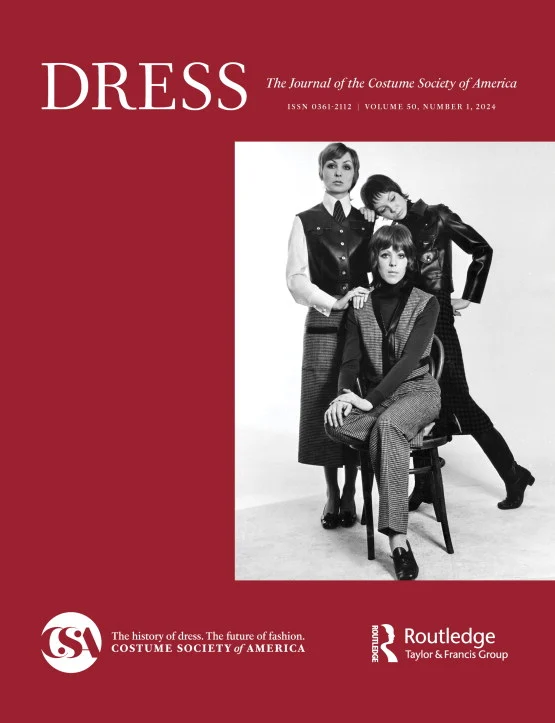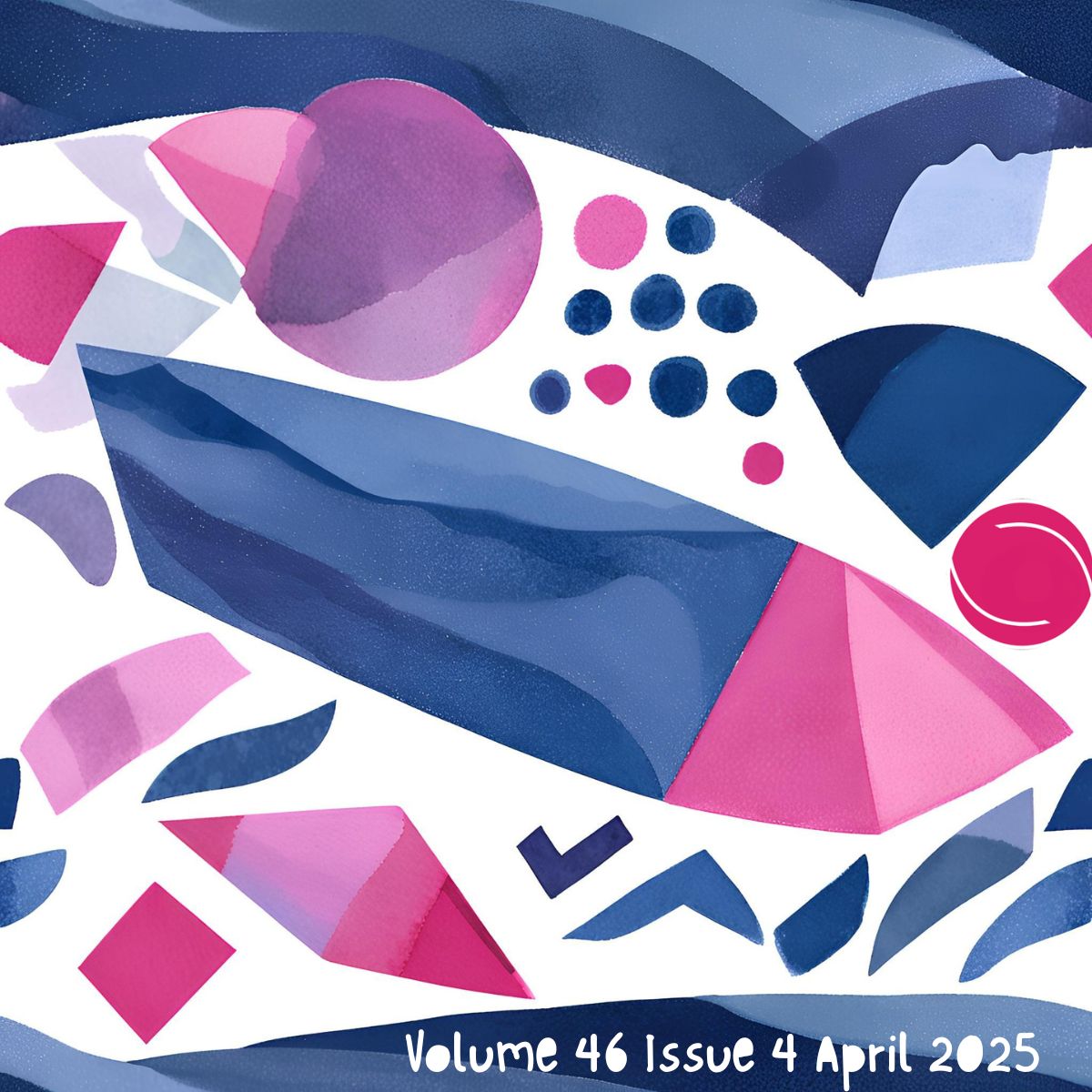
Bang, A. L., Engholm, G., Lervad, S., Nosch, M. L., & Skjold, E. (2024). Textile Craft as Empowerment: Shared Research and Craft Activities Around Textiles in Museums in Denmark. Dress, 1–23.
Textile Craft as Empowerment Shared Research and Craft Activities Around Textiles in Museums in Denmark
Af Anne Louise Bang, Gitte Engholm, Susanne Lervad, Marie-Louise Nosch & Else Skjold
Abstract
Focusing on museums, this article illustrates how textile crafts can become a source for scholarly inquiry and can enhance more inclusive practices at museums. The empirical data comprises four museum-related projects conducted since 2017 focusing on textile craft and creativity with women in Denmark, particularly women of refugee, migrant, or second-generation migrant background. Through these cases, we unravel the potential of textile crafts as a medium and encounter for engagement in museums within a societal context, both as a professional outlook, an education, a cultural heritage, an object of research, and a pastime for pleasure and socializing. The common thread—our academic quest—is how, when, and why textile craft is entwined with female empowerment, and how textile craft, as a shared community action, can empower and represent an opportunity for museums to reach new audiences as well as use the museum space in new ways.

Ravasi, D., Svejenova, S., Kroezen, J., Sasaki, I., & Suddaby, R. (2025). Rediscovering Craft in Organization Studies: Perspectives and pathways. Organization Studies, 46(4), 445-469.
Rediscovering Craft in Organization Studies: Perspectives and pathways
Af Davide Ravasi, Silviya Svejenova, Jochem Kroezen, Innan Sasaki, Roy Suddaby.
Abstract
While craft has long lived in the margins of organizational research, mostly as a context for advancing more general theories, it has recently become the object of dedicated study and theorization. In this Introduction, we first highlight and synthesize key insights from three perspectives (phenomenological, social constructionist, and essentialist) that prior research has adopted to analyze craft. These three perspectives understood craft as an artisanal mode of production, a socially constructed characterization of productions, producers and products, and a distinctive approach to work and organizing, respectively. We position the articles and media reviews in this special issue in relation to the three perspectives and show how they advance understanding of new and emerging manifestations of craft in and around organizations. We conclude by outlining pathways for further research on craft as a complex, multifaceted and constantly morphing social and organizational phenomenon.